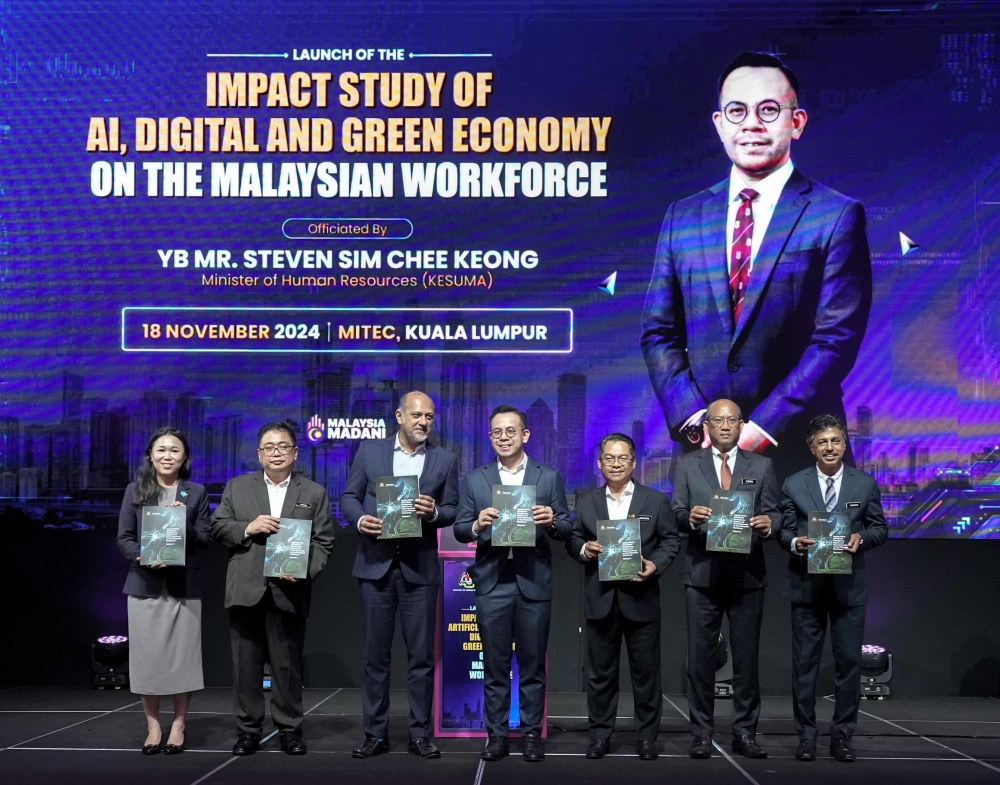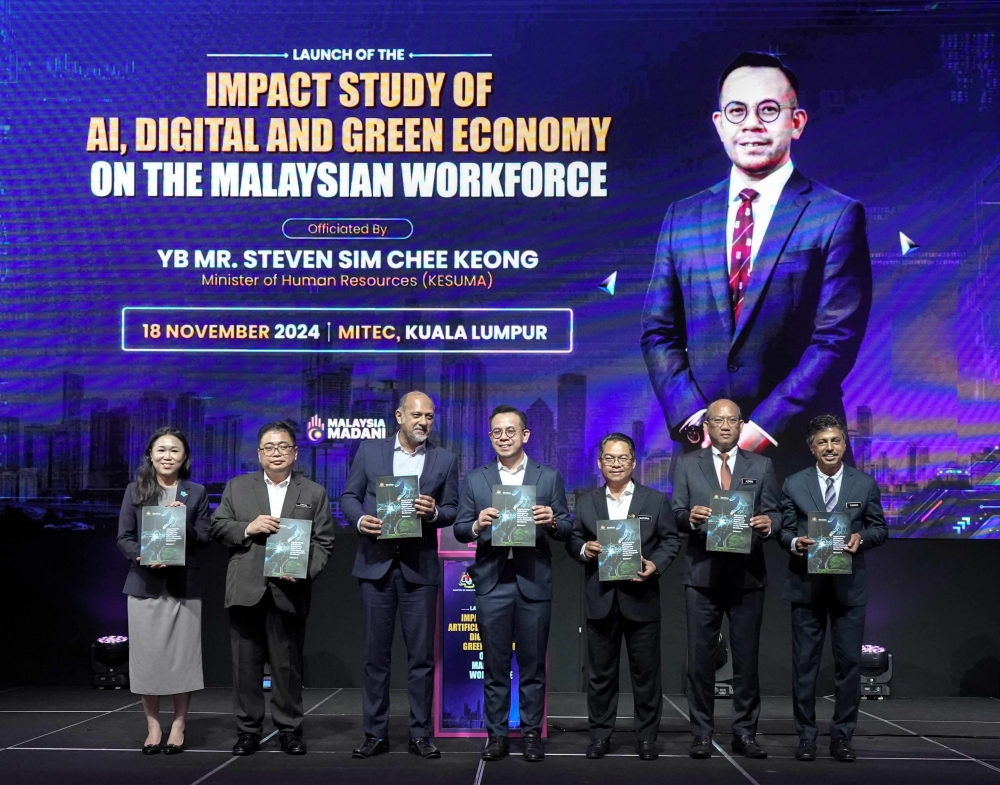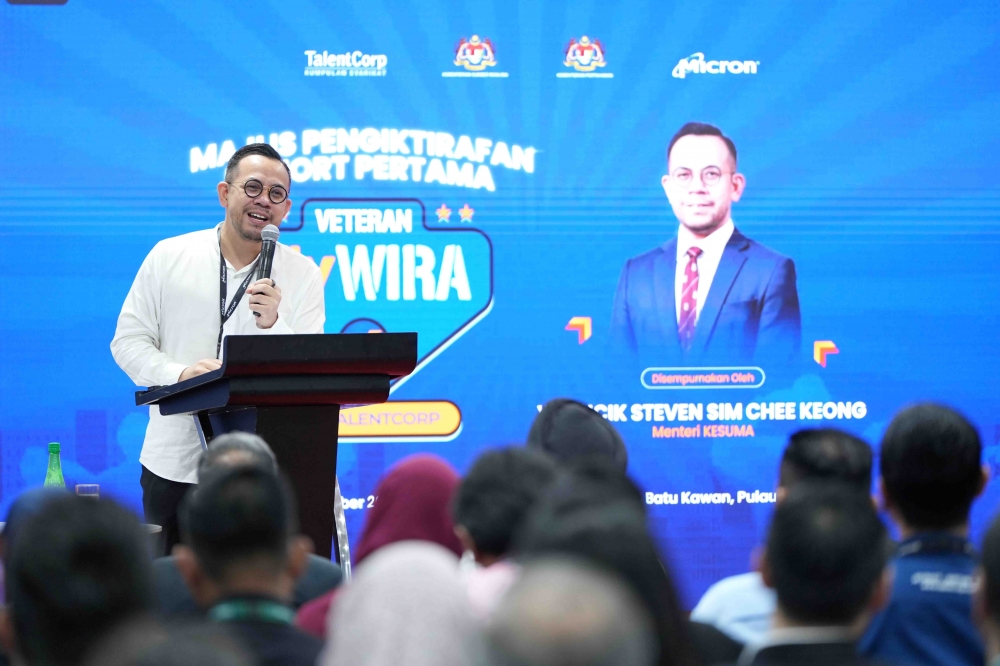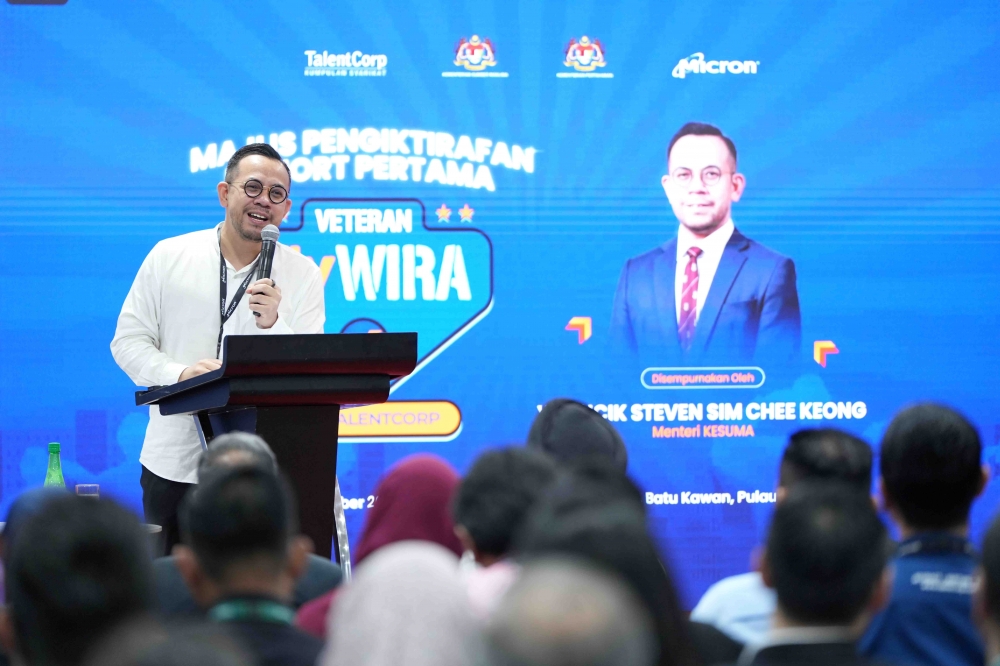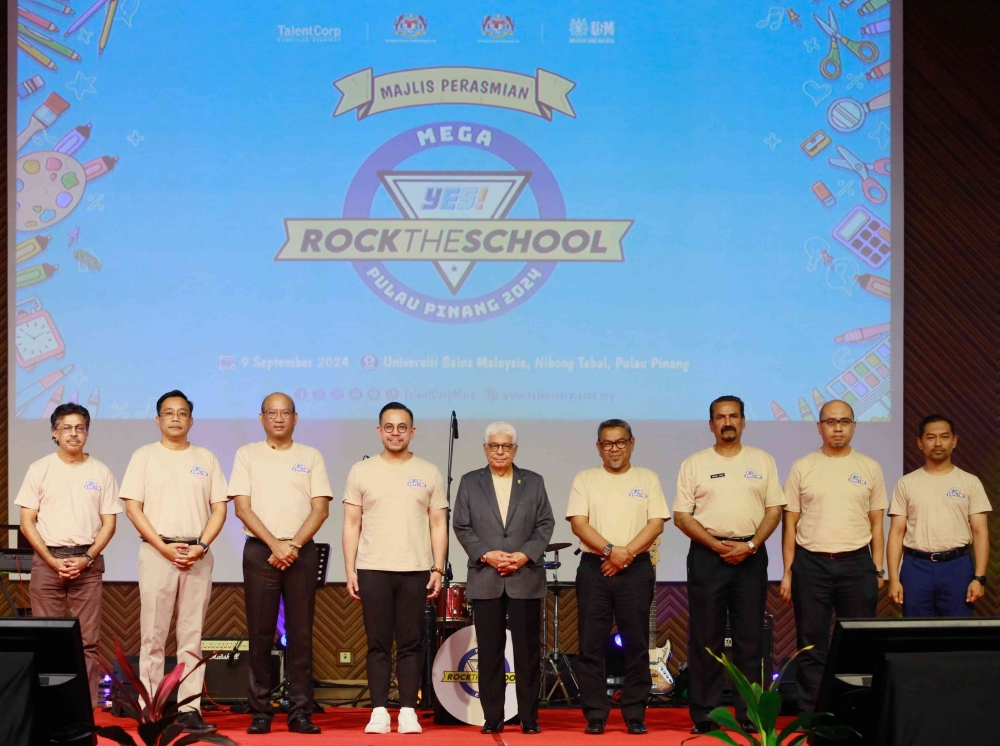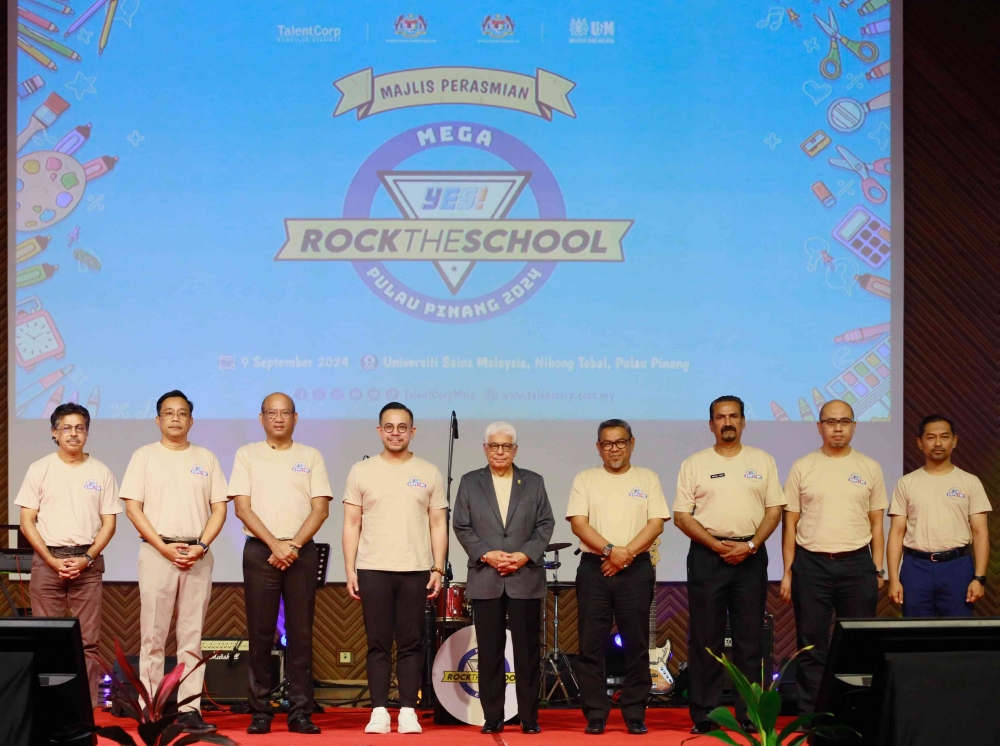TalentCorp's 2018 Outlook Commentary
A journey towards future-proofing Malaysia’s workforce
By Shareen Shariza Dato' Abdul Ghani, Chief Executive Officer of TalentCorp Malaysia
KUALA LUMPUR, 5 January 2018 – 2017 was a year that highlighted how our work, workplace and workforce are being disrupted as a result of the technological breakthroughs. These advanced breakthroughs have affected and will continue to shake-up businesses across all industries and people at all levels.
As we journey into 2018, it is crucial that we look critically into the fact that more than half of all current jobs in Malaysia1 are at risk of being automated. We do not have control over the technology evolution and how it is increasingly making jobs redundant, but we can shape and influence people – we are able to nurture, upskill and be more agile in the changing landscape, in line with the future of work.
With the National Transformation 2050 (TN50) plan in place and our aim for Malaysia to be among the top 20 countries in the world, we need to have a highly skilled human capital. This will take time but to work towards it, we need to start shifting our mindsets and implement the right initiatives to ensure that no one gets left behind. We should not look at our jobs or career with a tunnel vision. As industries concurrently experience the effects of digital disruptions, jobs are becoming increasingly non-linear. In the coming months and beyond, we need to ensure that we are well prepared and able to adapt to the new roles, opportunities and demands of this future workforce.
As the national agency that drives Malaysia’s talent strategy, our priority right now is to set a direction for Malaysia’s future workforce. In 2017, we dived into a rigorous planning mode with industry experts appointed under Talent Compact 4.0, an independent industry advisory panel comprising 10 representatives of Malaysia’s key and emerging industries. We will work with this advisory panel on an impact study to identify opportunities and vulnerabilities on jobs of the future for Malaysia’s key industries and economic sectors.
In line with the above, we launched two new initiatives as a response to the challenges and opportunities of the future. The first initiative is the Nurturing Expert Talent (NEXT), a national talent analytics platform to acquire and analyse data about the quality and ability of the Malaysian workforce to meet the demands of the evolving marketplace. As part of a holistic talent strategy, NEXT forms vital links between education, employers, and employability, as well as offers insights to help talent identify their strengths, passion, and career choices that are most suited to their skill sets.
The second initiative is a report that underlines five key recommendations to future-proof Malaysia’s workforce. The Visioning Malaysia’s Future of Work: A Framework for Action report calls for the engineering of a robust talent ecosystem, enhancing the skills and capacities of the workforce, reforming talent and human capital policies, employing data to better coordinate human capital policies, and developing a National Future of Work Action Plan.
We are at a critical inflection point that will affect our economic growth. If we do not future-proof our workforce now, we will fall behind. This year, organisations need to rethink their business models and look at ways to retain and develop their employees. It is also crucial to look into the fact that we are losing half of our workforce when women go on career breaks due to family commitments. The absence of women from Malaysia’s skilled talent pool impacts the nation’s economic growth. That is why encouraging employers to recruit women on career breaks is a priority for TalentCorp. Through our Career Comeback Programme, we provide grants to employers who actively participate in the recruitment and retention of women who wish to return to the workforce.
On top of that, we should also consider other means to retain and future-proof our workforce. Policy-makers need to think beyond automation, and people need to redefine work. In line with this, industries and organisations simultaneously need to innovate in order to stay relevant and competitive, such as implementing work-life practices for employees. With all the challenges present today, we need a strong ecosystem made up of the government, private sector, academia and other key stakeholders that collectively share the same talent agenda, which is to future-proof Malaysia’s workforce.
To produce high quality and high potential human capital, we need to look into strategies and initiatives that cut across all talent groups. Educational institutions and students are the grassroots of our workforce and they have equally important roles to play. Students need to proactively look at means of building their skills in order to be versatile. Institutions on the other hand will need to look into diversifying their study courses as to scale with the evolving demands of today’s workplace. Therefore, they need to ensure that their programmes are not skewed to a particular job type as the job may not be relevant in the next few years.
In addition to the above and in line with efforts to look at various talent initiatives that will drive economic growth, the government announced the formation of the National Leaders Circle (NLC) under the 2018 National Budget. With NLC, a talent file under TalentCorp, we will identify and shortlist promising leaders to fill important positions in the country.
NLC is set to enhance our ongoing efforts to nurture and retain Malaysia's top talent. In doing so, we will also cross-reference the talent gaps with the Critical Occupations List (COL), a primary instrument to promote better coordination of human capital policies in Malaysia. With its information, data and empirical evidence on skills gaps, the report serves as a foundation for organisations, learning institutions and government wishing to implement better strategies aimed at attracting, retaining and upskilling skilled talent.
At TalentCorp, our effort goes beyond talent in Malaysia. We have implemented KNOWMADS, a strategy to engage and connect with Malaysian professionals globally. KNOWMADS is a network of global Malaysians abroad with skills, expertise and experience who are keen to contribute to the nation’s progress. We believe that knowledge makes a difference and the contribution of these professionals will have a positive impact to the overall development in the country.
All the initiatives above indeed complements TalentCorp’s Visioning Malaysia’s Future of Work: A Framework for Action report as it gathers input and insights from top down and bottom-up. We are engaging with various sectors to develop a plan that will guide organisations and talent in Malaysia in planning, preparing and pacing themselves for the challenges and opportunities presented by Industry 4.0.
1 The Times They Are A-Changin’: Technology, Employment, and the Malaysian Economy (Khazanah Research Institute, 2017)


